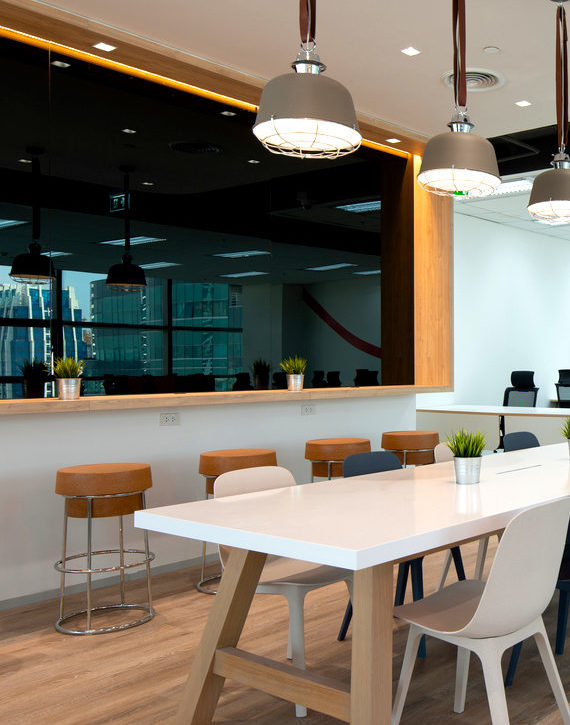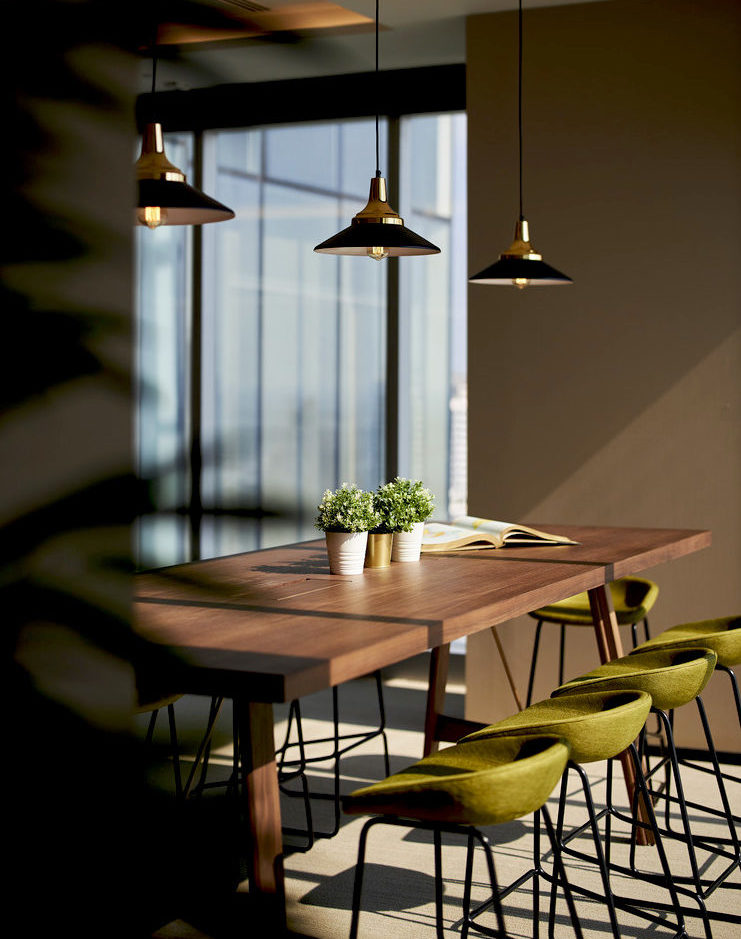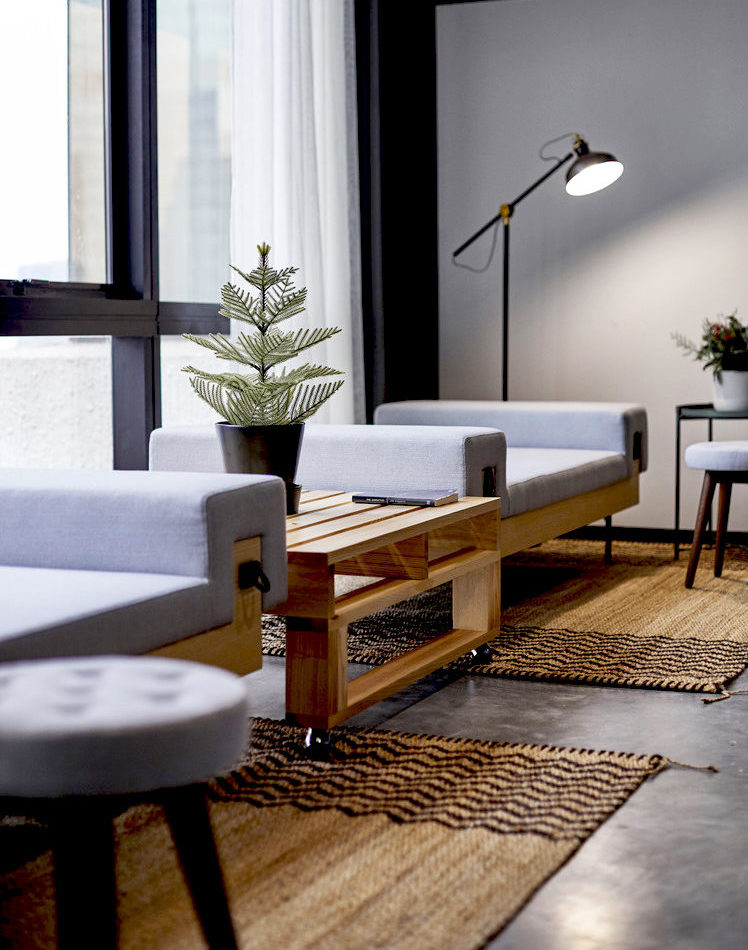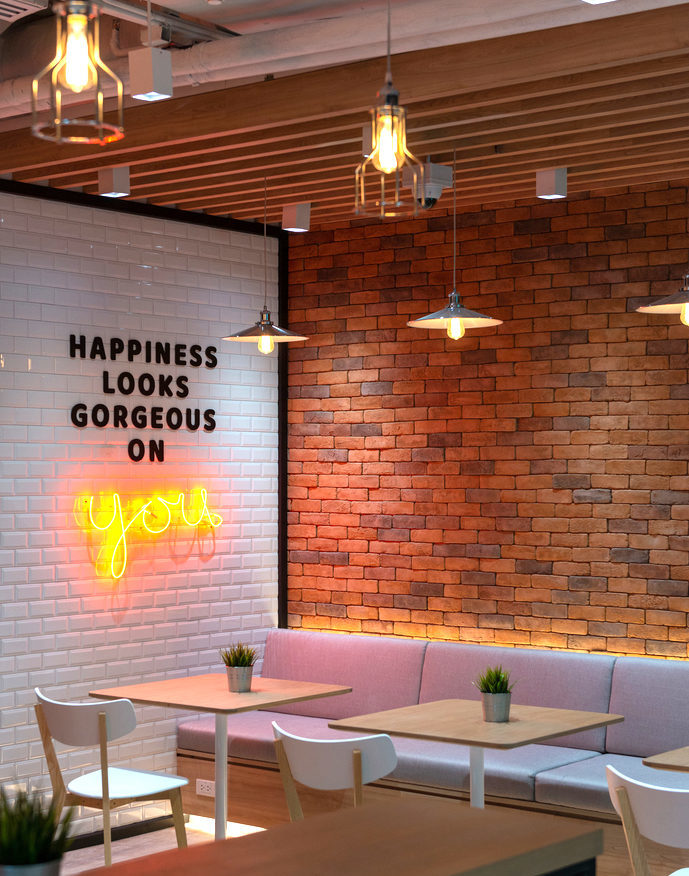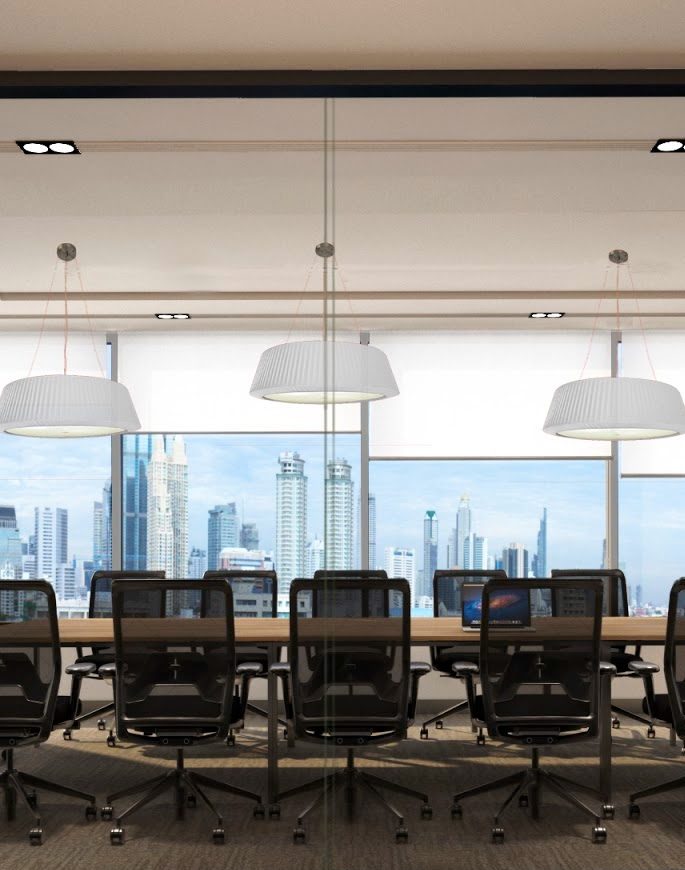Is coworking changing the culture of work forever?
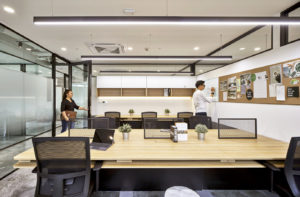 Today’s companies are collaborative, innovative and diverse by design. A cultural shift that can be traced back to the success of coworking spaces.
Today’s companies are collaborative, innovative and diverse by design. A cultural shift that can be traced back to the success of coworking spaces.
The profitability and popularity of coworking culture has had a massive impact on the culture of the corporate office. The ol’ nine-to-five routine is stretching. Flexible working hours, collaboration and flow are the new norm.
Coworking spaces have boomed in popularity over the last 10 years. These numbers will continue to increase in direct proportion to the isolation of remote working. According to the site Coworking Resources, there has been an average increase of 2,595 new coworking spaces globally every year since 2015.
Flexibility
Flexibility is a whole new word in the corporate lexicon, yet it is one of the most sought-after benefits of coworking. Shared spaces have subsequently come to the attention of the ‘new corporate’. Companies are trying open plan designs and hot desking with the goals of innovation, transformation, and future-proofing for streamlining and profit.
Collaboration
Collaboration, like flexibility, is at the core of why freelancers and startups choose to work in coworking spaces. Corporations can see clearly that cubicles and closed offices are deterrents to innovation. The increased teamwork, lateral thinking and brainstorming that comes from shared spaces lead to profits.
Workflow
Mabel Casey and Rex Miller in their book, Change Your Space, Change Your Culture, say: “The leadership of engagement begins by reconnecting to the physicality and the people of a company, not simply its spreadsheet. It all begins in the workplace.” While coworking spaces offer a lot of room for work and development, they also provide workers with lots of distractions, allowing people to take a mental break and refresh. Game rooms, bars, lounges, bean bags in quirky fun environments, once the sole territory of the coworking hub, are now a de rigueur part of workplace design. At McKinsey & Company, Bangkok, Thailand, dwp added playful design elements that were inspired by a traditional Thai house into the corporate office.
Is the future culture of work forever changed?
Yes. Thanks to coworking spaces leading the veritable charge to more human-centric working environments, workplace design and workplace culture have become a melting pot of innovation and diversity that profit the company and people in them.
dwp designs office spaces with cutting edge creativity for optimal use of space, workflow and light. Office spaces that help organisations achieve a competitive advantage by aligning workplace culture with digital transformation and modern work practices.
Download our Workplace Capability Statement or contact scott.w@dwp.com or nichary.p@dwp.com in Bangkok and hilary.s@dwp.com or bradley.s@dwp.com in Australia to find out more about profit by design.
Tags: Abu dhabi, Agile workspace, Archi, Architect, Architecture, Artist, Asia, Bangkok, Bar, BIM, Blessing, Blog, Boutique, Business, Civic, Construction, Content, Creativity, Culture, Debate, Design, Designer, Digital, Digital technology, Digital transformation, Digitisation, Drama, Drink, Dubai, Education, Email, Experience, F&B, Food, Future, Health, Healthcare, Hicap, Ho chi minh, Hong kong, Hospital, Hospitality, Hotel, Hotel design, Human, Information, Innovation, Interior, Interior design, Interior designer, Interview, Knowledge, Lebua, Lifestyle, Luxury, Luxury design, Luxury interior, Marriott, Mindful, News, Newsletter, Phone, Profile, Profit, Psychology, Residential, Restaurant, Romance, Saigon, School, Signage, Sky, Smartphone, Smartphones, Social media, Social psychology, Sport + Leisure, Studio, Success, Sustainibility, Tech, Technology, Thailand, Trends, Video, Vietnam, W hotel, Wayfinding, Wellbeing, Women
